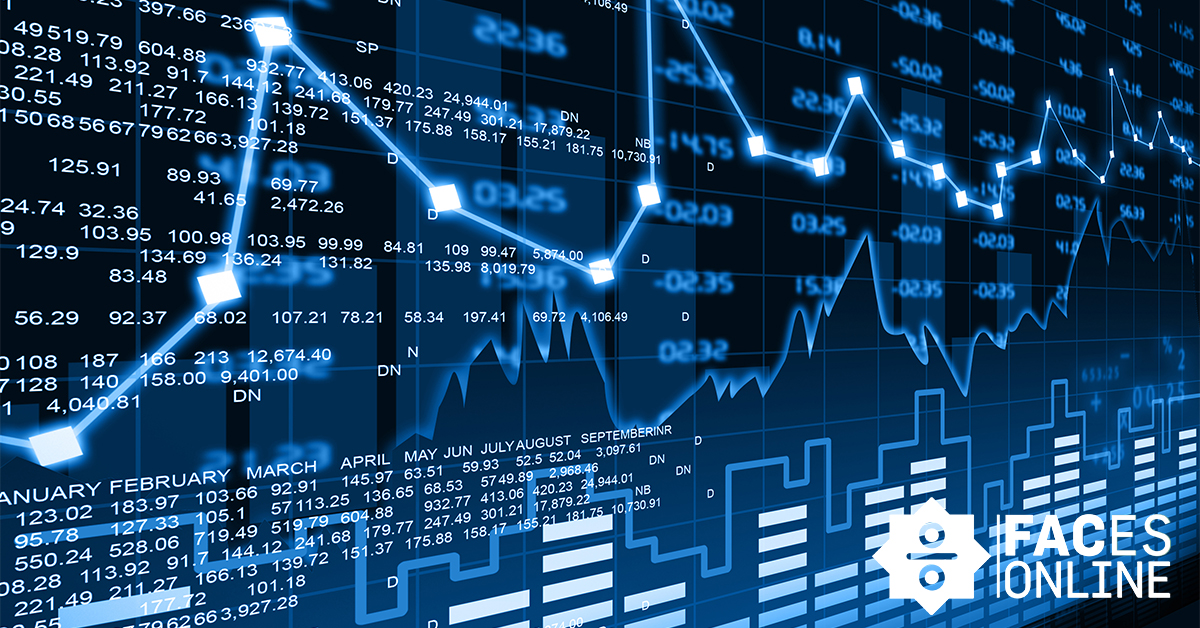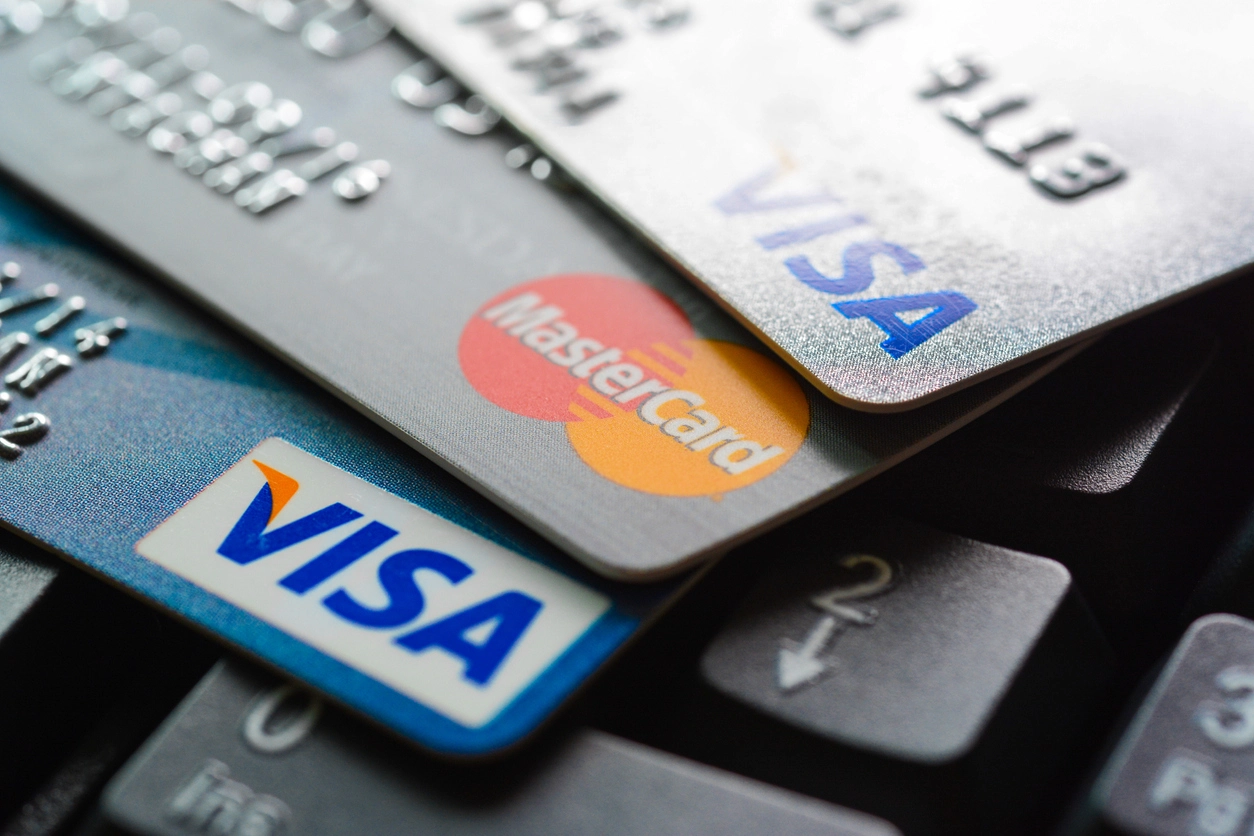In this article, both Stijn and Sebastiaan discuss their roles as a board member of Asset | Accounting & Finance. First, Stijn will talk more

F0r the Dutch version, click here
Many beginner and experienced investors either have a fortune in them, or have at least played with the idea of putting a fortune in them. Regulators have the greatest difficulty with them, while consumers are getting rich with them. For example, with 1 coin you could buy a pizza in 2011, and a Tesla in 2021. I am of course talking about cryptocurrencies, such as Bitcoin, Ethereum, and the most recent, Dogecoin.
For more background on the growth of crypto and Bitcoin, I’d like to refer you to an earlier article that appeared on Faces-Online in 2019: “The Renaissance of Bitcoin.“
The innovation of cryptocurrencies lies in the fact that currencies exist and are emerging that are not dependent on traditional banks or financial institutions. This is good news for people who lost trust in these institutions after the financial crisis. However, the downside of this independence is that these cryptocurrencies are not yet accepted as a method of payment in many places. The willingness of large companies to accept crypto as a method of payment has grown in recent years, but is still very volatile due to, among other things, the volatility in the crypto market, the high transaction costs, and the lack of speed in the systems that process these transactions.
“For example, only one well-known person needs to express his confidence in a crypto currency and the price immediately rises.”
One of the great examples of this is Tesla. Elon Musk, a big supporter of crypto, announced in February 2021 that Tesla had purchased large amounts of Bitcoin and was planning to accept Bitcoin as a payment method. After this announcement, the value of Bitcoin increased substantially. Last week, Musk stated that Tesla would no longer accept Bitcoin as a payment method because its collection by “miners” would emit too much CO2. A tweet hinting that Tesla would have to sell all of its Bitcoin holdings caused the price to drop dramatically.
The effects of a number of tweets on the price of a so-called “currency” also immediately shows the downside of a currency that is not dependent on traditional financial institutions. The price of crypto currencies is extremely volatile and thus makes large jumps in value on a daily basis. In the past month alone, the price of Bitcoin has dropped from €50,000EUR to €38,000EUR. A drop of a whopping 24%. If we put this next to the fluctuation of a traditional currency; the Euro versus the US Dollar for example, we see that in the same period, there is an increase from 1.20USD to 1.22USD about 1.6%.
So the big problem is that the rate of crypto is not dependent on banks and the political situation in a country, as it often is with traditional currencies. The price of crypto is partly influenced by supply and demand. For example, only one well-known person needs to express his confidence in a crypto currency and the price immediately rises. A real substantiation of why this coin is worth so much at that moment is also often lacking, especially given the fact that there is no physical commodity behind crypto, like gold with traditional currencies. A nice comparison is the sudden interest of private investors in GameStop in 2021. There is little fundamental evidence to show that the price should rise, but due to the large numbers of individual investors driving up demand, it still increases. The same thing happens in my opinion with cryptocurrencies. This creates large peaks and deep valleys, instead of stability. And let that be the very thing we benefit from in payment instruments.
The price differences are therefore unpredictable and large, making it virtually impossible to build long-term wealth with crypto, without spending too much time with it. This is also one of the traps of Crypto at the moment. To make the most of the value of crypto, you will need to be engaged with the market on a daily basis and continuously rearrange your portfolio to preserve your capital. Thus, in my opinion, the crypto currency market is nowhere near mature enough to function as a payment method. Because let’s face it, if the Euro lost a quarter of its value in one month, I wouldn’t have a bank account anymore, but a safe deposit box with gold.






















